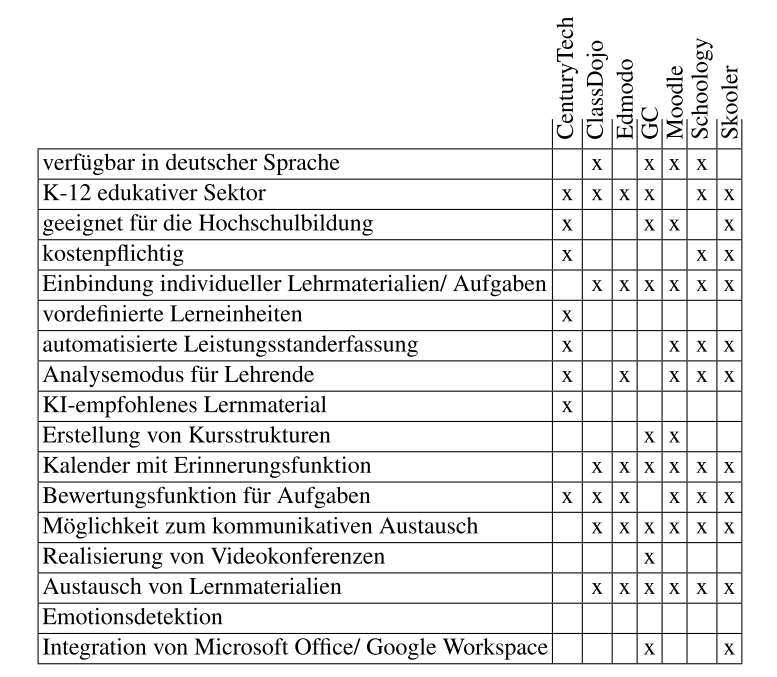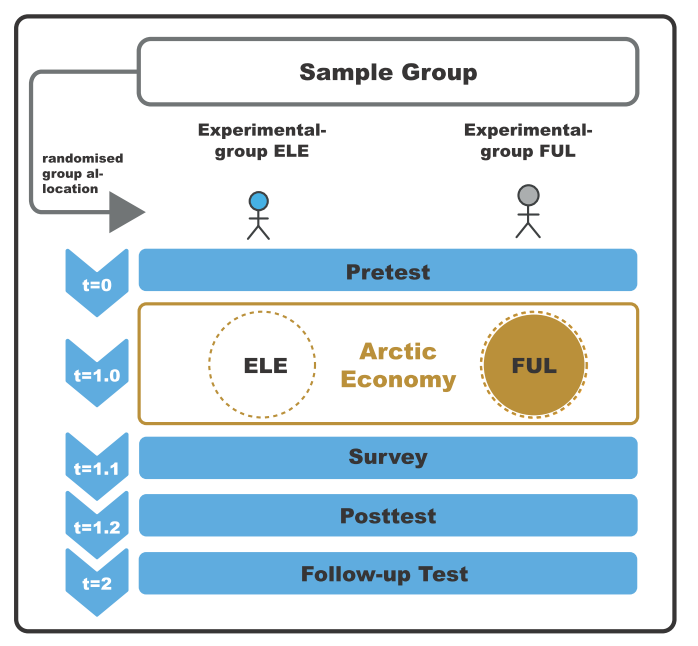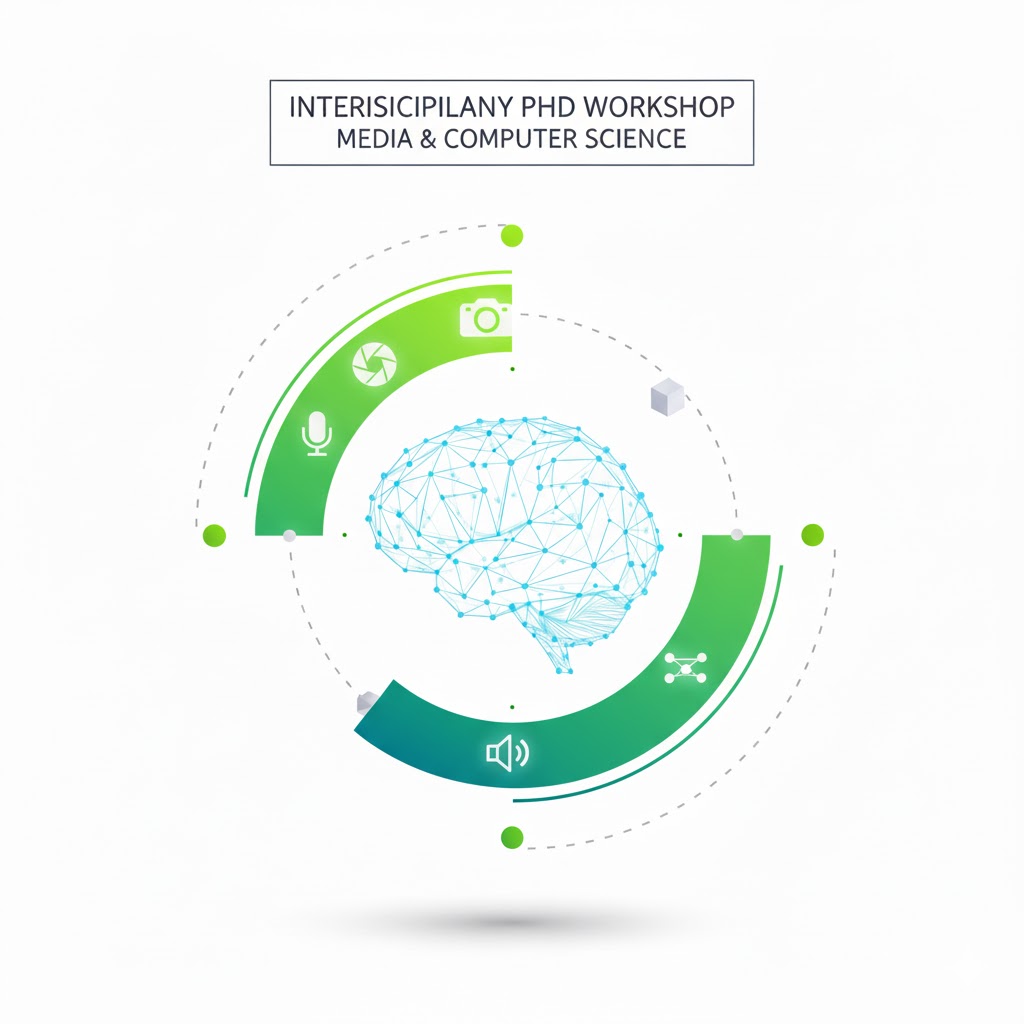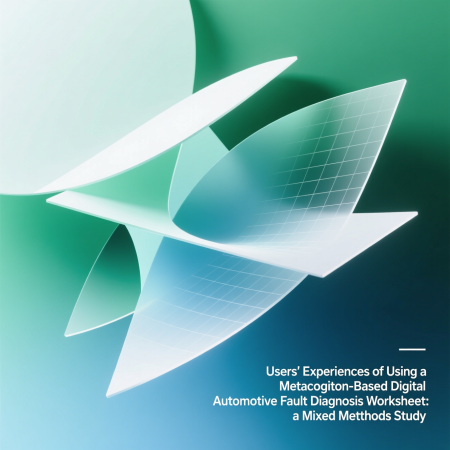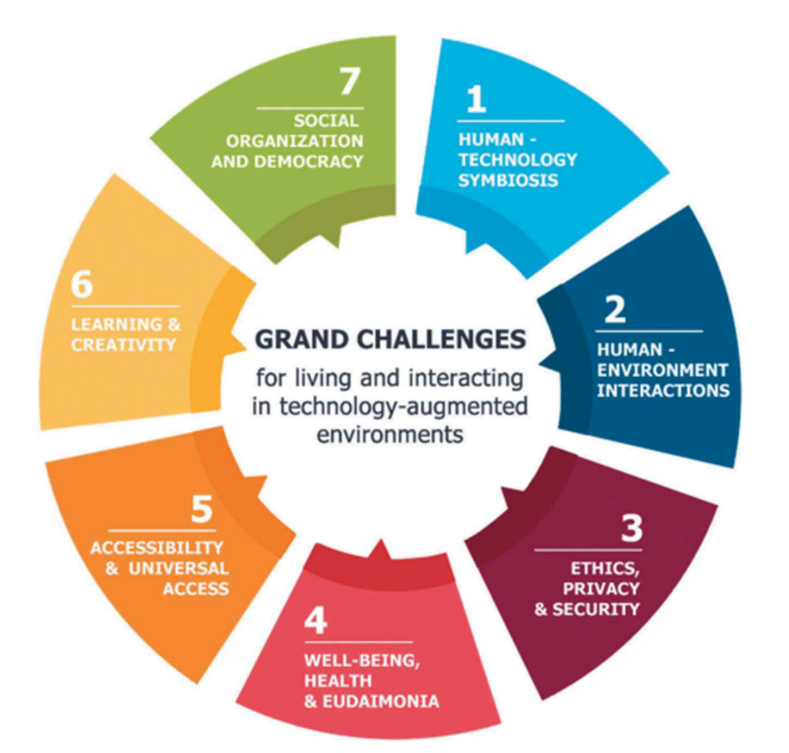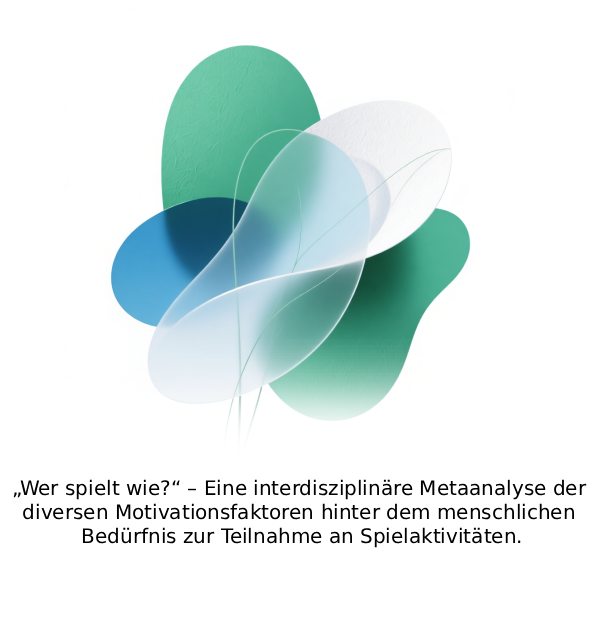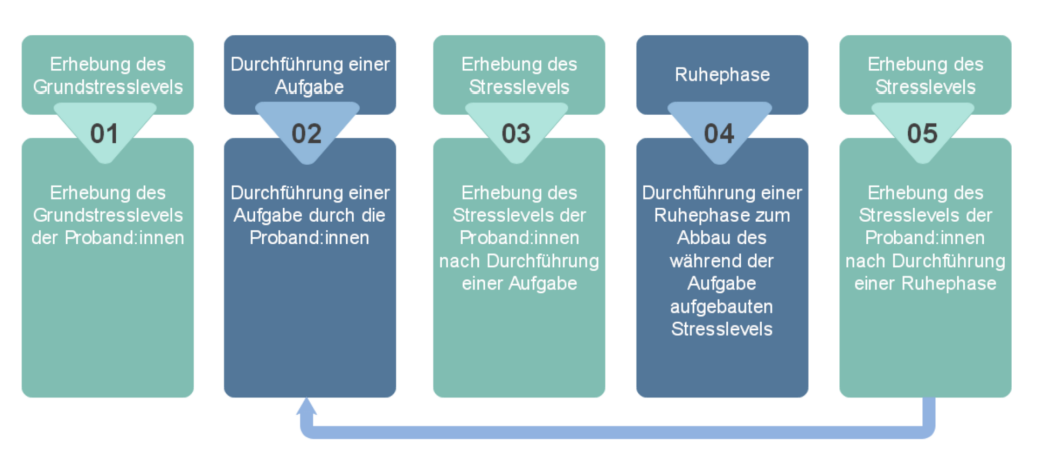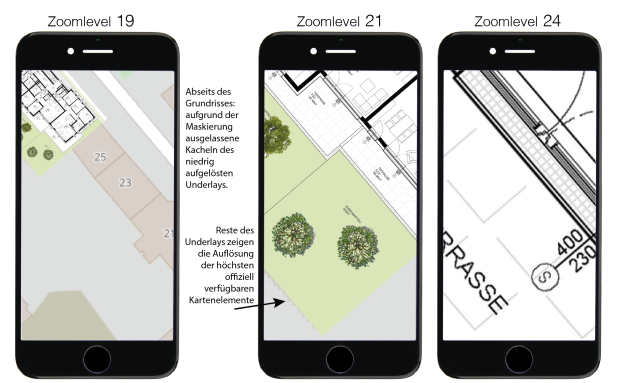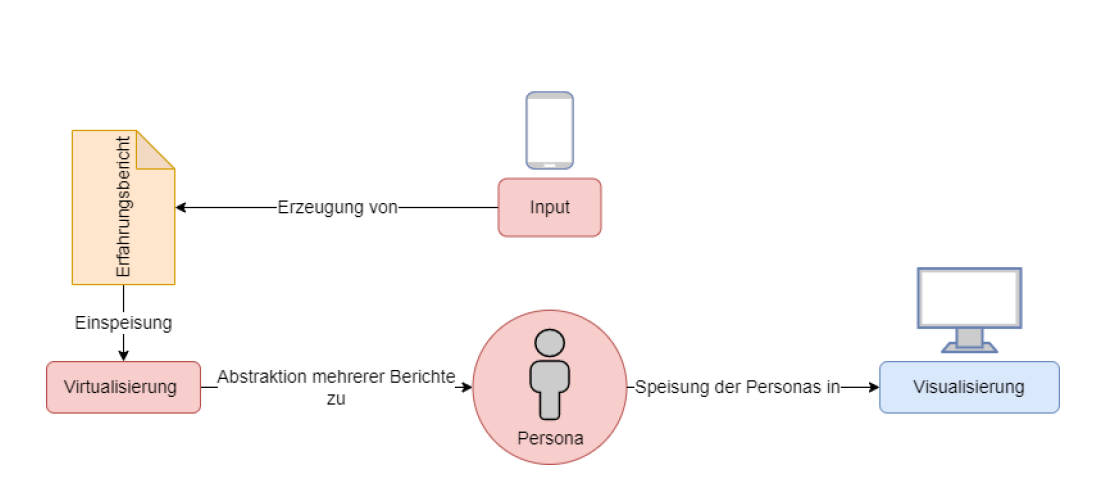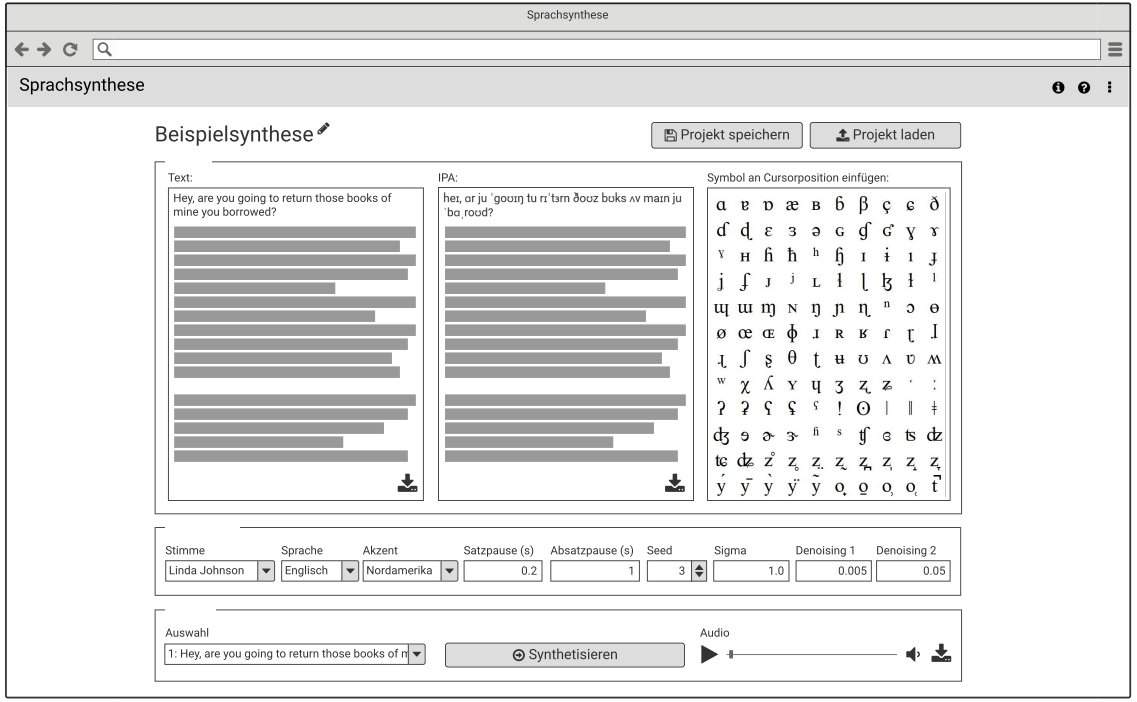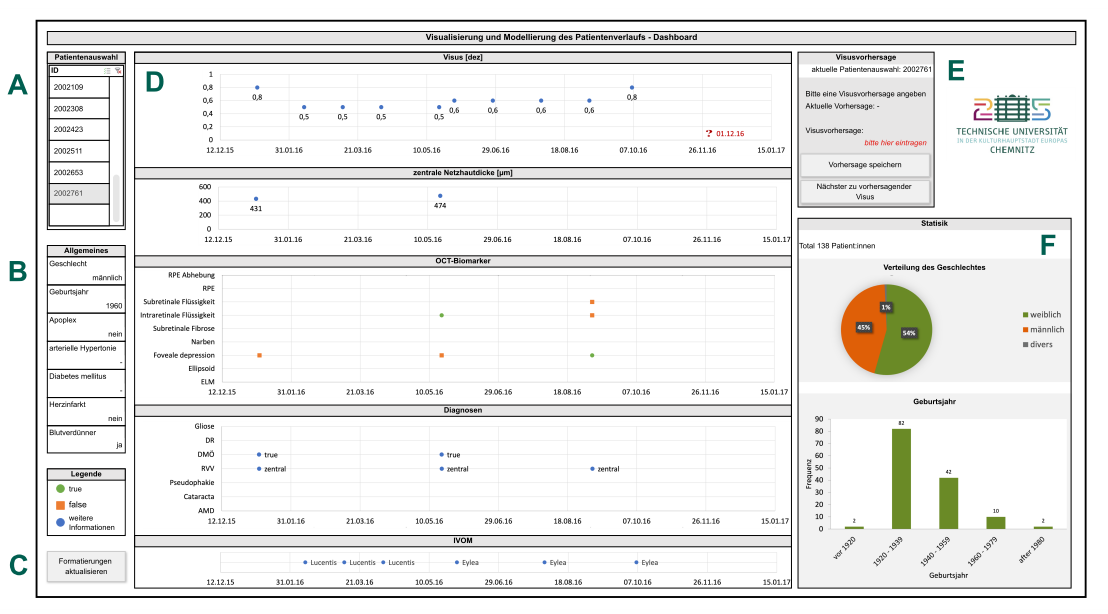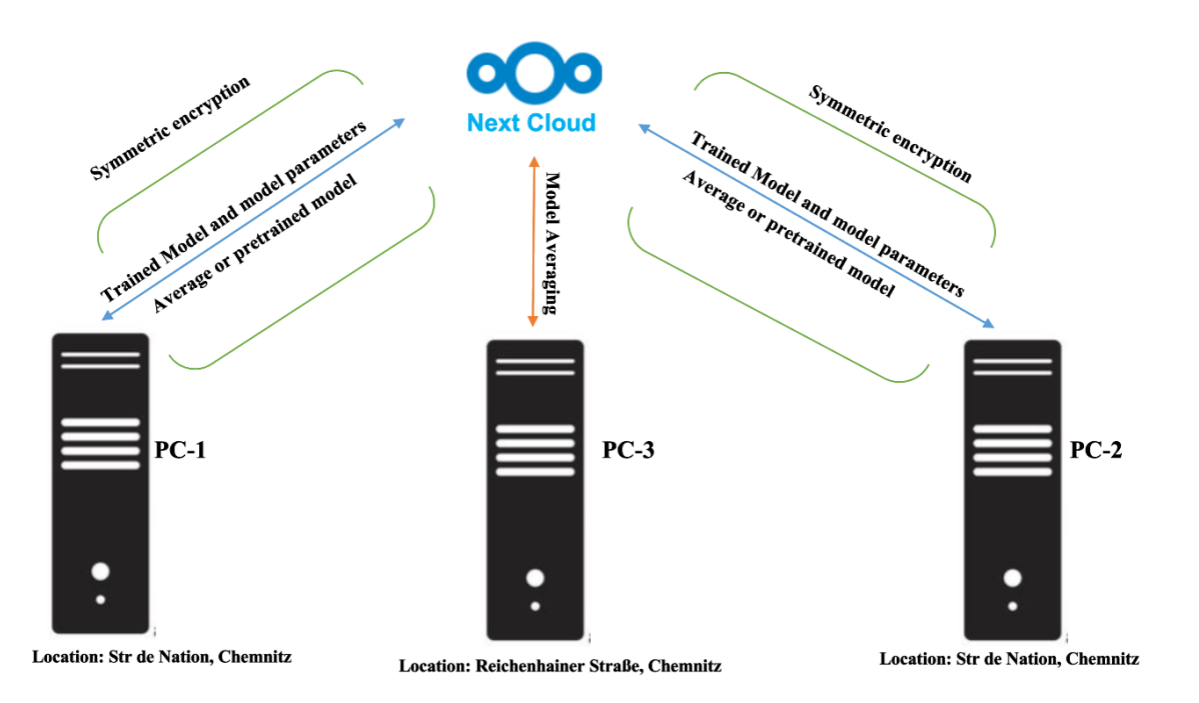Current Issue

Der 4th Interdisciplinary PhD Workshop of Media and Computer Science 2022 fand vom 12.–14. Juli 2022 im IBS Laubusch statt. Ziel war es, Promovierende beim wissenschaftlichen Arbeiten und interdisziplinären Austausch zwischen Informatik und Sozialwissenschaften zu unterstützen. Beiträge entstanden u.a. aus den Projekten MIHUBx (KI-gestützte Therapieentscheidungen in der Medizin) und Tech4Comp (Mentoring in digitalen Lernumgebungen). Die Ergebnisse gliedern sich in Maschinelles Lernen, Big Data und E-Learning. Organisiert wurde der Workshop von TU Chemnitz, TU Dresden und Hochschule Mittweida.
Articles
The Journal of Embedded Selforganising Systems is an online, multi-media, academic journal that adheres to the highest standards of peer review and engages established and emerging scholars from anywhere in the world. The Journal of Embedded Selforganising Systems is an interdisciplinary journal that, while centered in computer engineering, is open and welcoming to contributions from the many disciplines and approaches that meet at the crossroads that is embedded system study.

This peer-reviewed journal aims to be a high quality scientific publication that will be of interest to researchers in all disciplines involved in embedded systems. The journal will be published electronically with free and open access via the internet. We aim for a fast review and publication process, so that papers could be published fast.
We take advantage of the greater exiblity and agility an e-journal can provide in comparison to the traditional print journal: Instead imitating the classical creation process of a journal with fix issuses we use the "sliding issue" model. Each issue of the Embedded Selforganising System Journal starts with an editorial that also serves as a kind of call contributions. Any contribution that is reviewed and accepted will be published as soon as the final version is received by the editorial board. In this way, an issue is "growing"until the editors decide to close it. With other words, you can already read articles while other articles are still in the process of preparation. In addition, there may exist other topic-specific issues in parallel.
ISSN: 1869-5213

